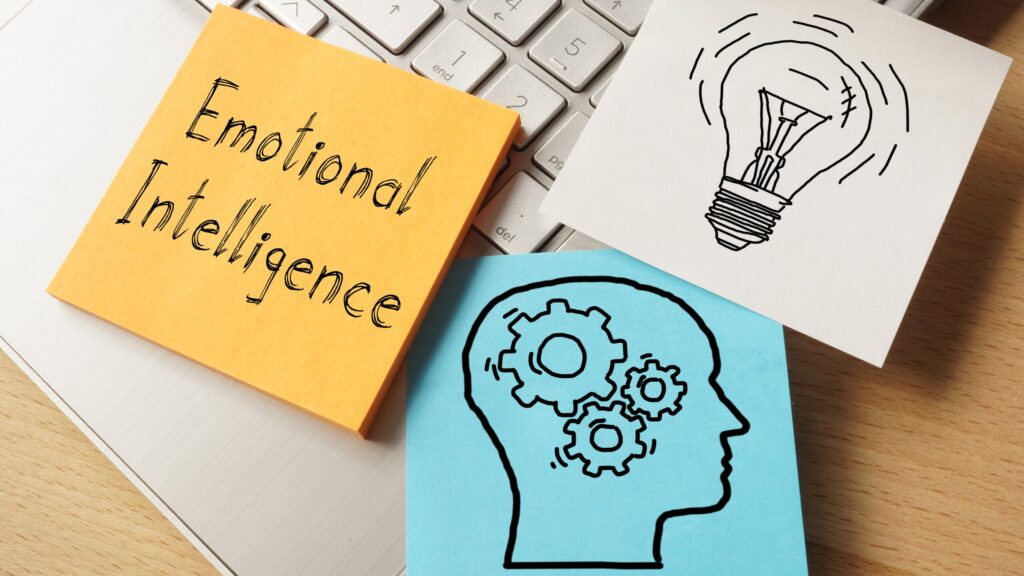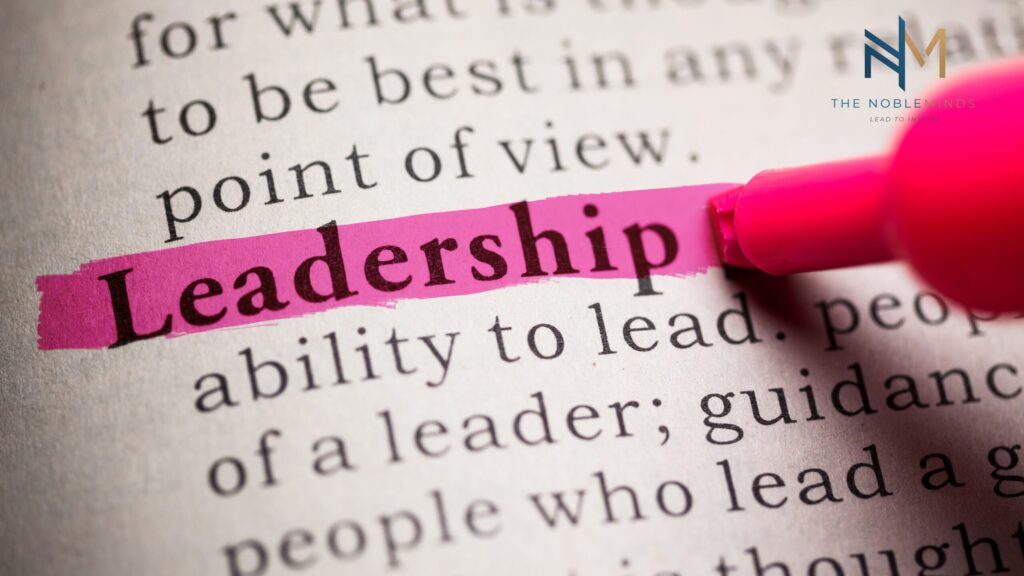The Role of Emotional Intelligence in Leadership Development: How EQ Shapes Effective Leaders
As a leadership consultant and trainer, I’ve worked with professionals across industries, guiding them toward self-awareness, emotional intelligence, and effective leadership. One of the most transformative experiences I recently had was conducting an Emotional Intelligence Training at a Ship building company. The insights, reflections, and discussions from that session highlighted the critical role of emotional intelligence in leadership success.

The Foundation of Leadership: Self-Awareness and Emotional Intelligence
Leadership isn’t just about managing people; it starts with managing yourself. One of the key takeaways from our training was the fundamental role of self-awareness in leadership. Confidence in decision-making and accountability define the type of leader we become.
A thought-provoking question emerged during the session: “Can you still be a leader if you have no one to lead?”
The overwhelming consensus was clear; leadership begins with self-leadership. Whether you manage a team or not, you are always responsible for leading yourself – your emotions, mindset, and reactions. One participant summed it up perfectly, “If you don’t believe in yourself, no one else will.” This mindset serves as a powerful foundation for anyone stepping into a leadership role.
Navigating Leadership Challenges: Emotional Intelligence and Decision-Making
Throughout the session, we explored how emotions influence decision-making and leadership effectiveness. Participants shared how frustration, stress, and pressure often lead to reactive leadership rather than proactive decision-making.
Key insights included:
- Recognizing how emotions impact leadership choices
- Acknowledging personal emotional triggers before addressing team dynamics
- Managing emotions by responding thoughtfully rather than reacting impulsively
One of the most revealing exercises was “graphing emotions” throughout the workday. This activity demonstrated how emotional states fluctuate rapidly, even within a short timeframe. The key takeaway? While we may not control external circumstances, we can always control our reactions.
Heroic Leadership: Choosing Growth Over Comfort

An essential theme of the training was heroic leadership – the idea that leadership is defined by daily choices rather than job titles or hierarchy.
A great leader doesn’t wait for external motivation; they take initiative. Whether it’s waking up early to pursue personal growth, facing challenges head-on, or holding oneself accountable, leadership is an active, intentional process.
One powerful statement from a participant stood out, “Denial is normal as a defense mechanism.” Many individuals resist recognizing their emotional blind spots because it feels uncomfortable. However, true growth only happens when we move beyond denial and embrace self-awareness.
Bridging the Gap: Emotional Intelligence in Workplace Communication
- Leaders often struggle with clear communication between management and employees.
- A participant asked, “How do we strengthen communication across leadership levels?”
- The solution? Emotional intelligence.
By developing emotional awareness, empathy, and active listening skills, leaders can:
- Navigate difficult conversations with clarity and composure
- Foster team collaboration and trust
- Create a workplace culture built on psychological safety and mutual respect
Ultimately, emotional intelligence isn’t just a leadership tool; it’s the foundation of high-performing teams.
Final Reflection: Authentic Leadership and Emotional Intelligence

As we concluded the session, a recurring theme emerged: AUTHENTECITY. Effective leaders aren’t perfect; they’re self-aware, emotionally intelligent, and willing to grow.
One memorable quote from a participant captured this idea:
“Life is wonderful. You don’t have to pretend. At the end of the day, you should show your true colors. That is what we need as leaders.”
Emotional intelligence is more than a skill; it’s a mindset. It empowers leaders to adapt, evolve, and continuously improve. As I encouraged the participants to take their insights beyond the training room, one lesson stood above all:
Leadership isn’t about knowing everything; it’s about growing, one step at a time.
How does emotional intelligence impact leadership?
Why do companies prioritize emotional intelligence in leadership roles?
Want to have answers to these questions? Just leave a comment below or message us.
Read more: 10 Leadership Competencies Every Successful Manager Needs
